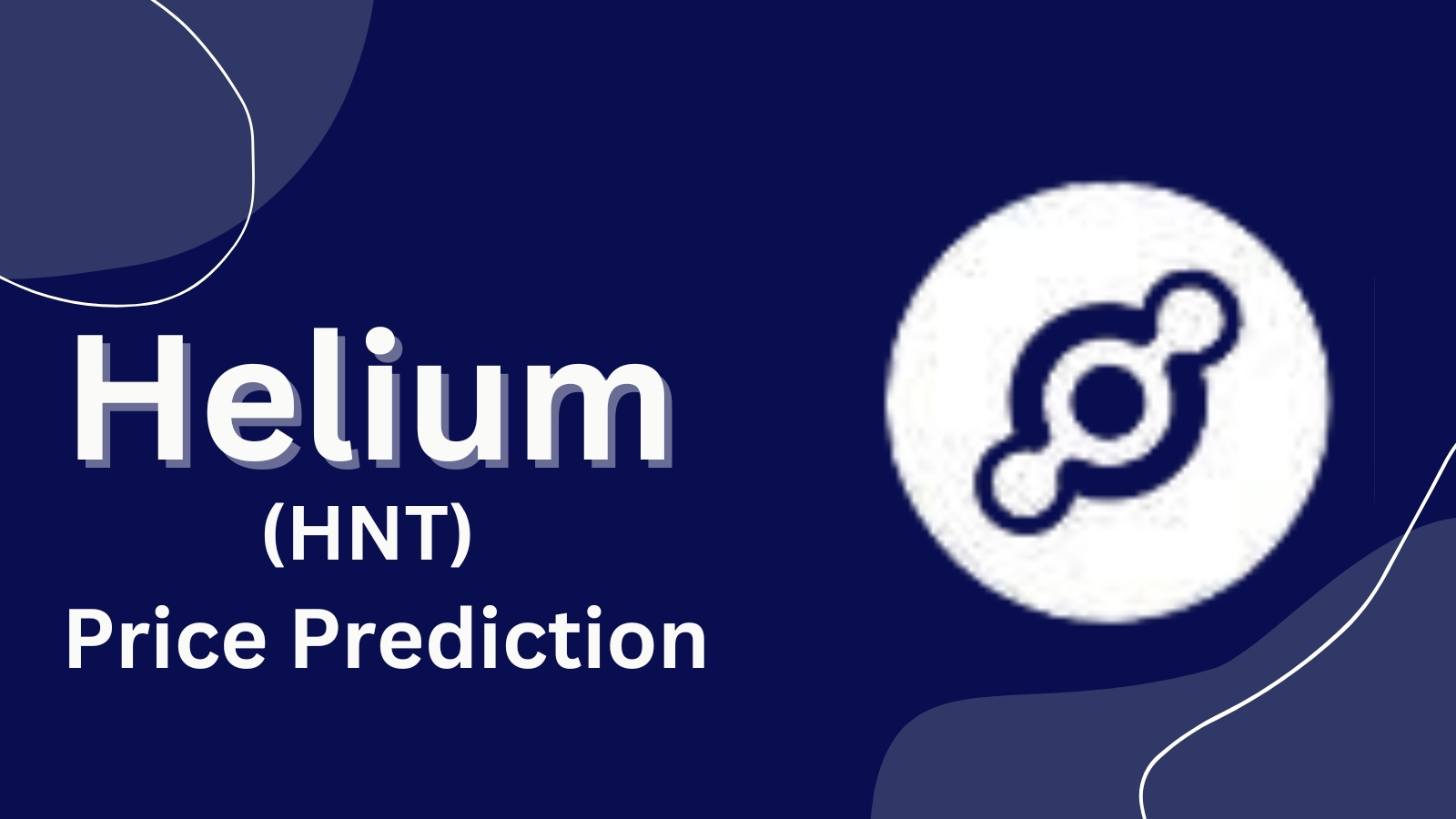The National Institute of Standards and Technology (NIST), which is a well-known agency providing research and development services of the U.S. Department of Commerce, unveiled a breakthrough technology NIST GenAI. This innovative program will focus on evaluating the newest AI generative technologies, with emphasis on content and image generation. NIST GenAI becomes a milestone in the assessment and comprehension of AI systems for governments along with business organizations and the general public.

Based on the news from NIST now the release of NIST GenAI is to create standards around all of the generative AI. One of the main objectives of this initiative is to bring up the issue of building tools for the verification of content authenticity, perhaps even including the detection of deepfakes.
Moreover, NIST’s GenAI is directed towards the enhancement of programs which have been created to detect the true origins of fabricated or deceptive information that has been produced by AI algorithms. These initiatives are an example that NIST puts forward in both research and deployment of new AI technologies and in navigating the perplexing questions of content authenticity and data integrity.
As NIST announced lately, the rollout of NIST GenAI has the intent of creating benchmarks in the arena of generative AI. Moreover, the strategy will assist in the development of authenticity verification techniques like deepfakes detection tools. Also, NIST GenAI is aiming at improving programs used for tracing the sources of fake data or deception not originating from AI systems. These initiatives certainly do show NIST’s commitment to being at the forefront of AI technological development while facing the challenges of the content integrity and the data authenticity.
The agency aims to launch the pilot project of creating frameworks able to confidently distinguish AI- and human-made contents, at the beginning. The inconsistency of deepfake detection efforts calls for the NIST AI gen initiative to invite engagement with research labs in academia and industry. These applications can be in the form of generators, AI systems that produce content, or discriminators, systems that identify AI-generated content. This venture aims at boosting the technologies in precisely realizing the difference between the original and AI generated media.
NIST's role in the global tech race against AI – Security Intelligence: … cybersecurity threats, allowing for highly adaptable and effective methods for orchestrating attacks. The introduction of newer technologies like … https://t.co/yVtBOYuol9 EXETLOS
— exetlos_gda (@Exetlos_GDA) April 25, 2024
In this study, generators are presented with an assignment to prepare summaries of 250 words or less based on a particular topic and a collection of documents while discriminators are required to determine if a given summary appears to be an output of an AI. In order to keep fairness, NIST GenAI will provide the test data to the participants. NIST provides that publicly available datasets that do not abide the ruling regulations will not be taken into consideration.
Registration for the pilot program will open on May 1, and the first round of assessments is to start August early. The last results of the study will be published in February 2025.
NIST’s Generative AI launches to confront deep fakes with a rise in the volume of AI-generated dishonesty and misinformation. The NIST’s groundbreaking tool might bring about a fundamental change in the generative AI models and gives hope in the struggle against misinformation and fake content.
Clarity, a firm specializing in deepfake detection, has reported a staggering increase of 900% in the production and dissemination of deepfakes this year compared to the same period last year. This alarming trend has sparked widespread concern. A recent survey conducted by YouGov revealed that 85% of Americans are worried about the proliferation of deceptive deepfakes on the internet.
Management of NIST for its unique invention proceeds in line with the executive order from President Joe Biden on AI. This mandate squarely focuses on the need for AI companies to become more transparent on how their models work and it includes some new measures such as labelling content from Artificial Intelligence. Furthermore, this admonition from NIST comes in the wake of Paul Christiano, a former OpenAI researcher appointing him to AI Security Institute.



